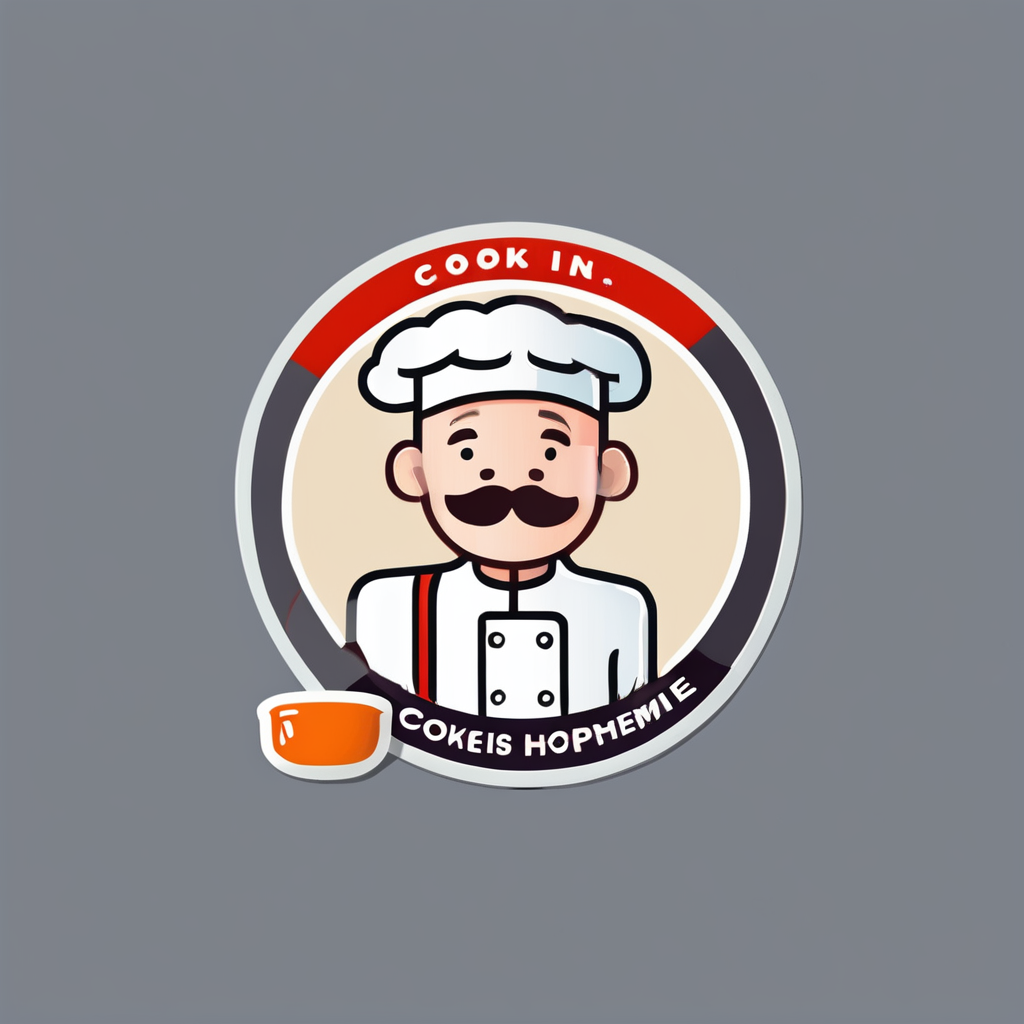Defining Kitchen Bars in the UK Hospitality Scene
Kitchen bars have rapidly emerged as a dynamic element within UK kitchen bars and dining culture, blending the appeal of traditional bars with the intimacy of restaurant kitchens. Unlike conventional bars, which primarily focus on drinks service and casual seating, kitchen bars feature an open kitchen concept where food preparation is part of the guest experience. This transparency invites guests to observe chefs at work, creating a multisensory environment that enhances engagement.
The modern bar concepts embraced by UK kitchen bars emphasize social interaction and culinary craftsmanship. This setup often includes counter seating around the kitchen area, fostering a communal space where diners and bartenders or chefs can interact directly. This contrasts with the more segmented and formal dining layouts of typical restaurants or pubs.
Also to read : What Unique Ingredients are Popular in UK Bars and Kitchens?
Notably, the growth and popularity of the kitchen bar model in the UK reflect broader hospitality trends that favour experiential and immersive dining. Consumers seek more than just food and drinks; they crave authenticity and a connection to the people who craft their meals. Kitchen bars respond to this by merging culinary theatre with socialising, creating memorable outings that stand out in the competitive hospitality landscape.
Key Customer Engagement Strategies in UK Kitchen Bars
In UK kitchen bars, customer engagement thrives on transparency and interaction. The open kitchen design is central, allowing diners to witness meal preparation firsthand. This layout transforms passive dining into an immersive spectacle, fostering a unique connection between chefs and guests. Customers feel involved, increasing satisfaction and loyalty.
In parallel : What are the Challenges of Running a UK Kitchen and Bar Business?
Chef-customer interaction is another powerful tool. By encouraging dialogue, kitchen bars customise the dining experience, addressing preferences and creating memorable moments. This direct engagement often leads to greater appreciation of culinary craftsmanship and enhances trust in the venue.
Experiential dining events further elevate engagement. Special evenings featuring themed menus or live cooking demonstrations turn regular visits into anticipated occasions. These events not only diversify the customer experience but also build a community around the venue.
Collectively, these strategies reflect UK restaurant innovation, where hospitality goes beyond serving food. Customer engagement at kitchen bars is crafted carefully to ensure inclusivity, entertainment, and personal connection. This multifaceted approach drives repeat visits and strengthens the bar’s reputation in a competitive market.
UK-specific Trends Enhancing Engagement at Kitchen Bars
UK kitchen bars are increasingly shaped by distinct UK hospitality trends that elevate interactive dining experiences. A key aspect is the growing local food movement, where kitchen bars prioritise sourcing ingredients from nearby farms and producers. This emphasis on local provenance not only supports regional suppliers but also appeals to diners seeking authentic, sustainable options.
Experiential dining in these venues often integrates chef-led storytelling, allowing guests to connect with British culinary heritage through narrative and flavour. Chefs craft menus that celebrate traditional dishes with modern twists, enriching the interactive experience by sharing origins, techniques, and inspirations directly with diners.
Collaboration is another hallmark of UK kitchen bars, with partnerships involving local breweries and artisanal producers. These collaborations create tailored drink and food pairings unique to the venue, deepening customer engagement and reinforcing a sense of place. Examples include seasonal menus aligned with local harvests and bespoke cocktails highlighting British spirits.
Collectively, these trends demonstrate how UK kitchen bars harness cultural authenticity and experiential dining to foster loyalty and boost their competitiveness. By weaving local food movement values into the core of their service, kitchen bars create memorable, meaningful experiences that resonate deeply with their clientele.
Real-world Examples and Case Studies from UK Kitchen Bars
To better understand how UK kitchen bars excel in customer engagement, examining specific case studies reveals impactful strategies driving success. Notable UK bar success stories frequently highlight venues that integrate interactive dining with innovative service. For instance, kitchen bars utilising open kitchen concepts paired with personalised chef interactions report substantial increases in customer satisfaction.
Industry experts attribute these successes to the ability of kitchen bars to convert spectatorship into participation. By welcoming diners into the food preparation process, bars foster memorable connections that promote loyalty. This direct engagement often translates to higher return rates, a crucial metric illustrating the effectiveness of such experiential models.
Customer testimonials underscore these advantages, often noting the uniqueness and social atmosphere of the kitchen bar setting. One common theme is appreciation for the transparency and storytelling involved in the dining experience. Patrons frequently cite feeling “more connected” to the food and staff, which enhances their overall enjoyment and willingness to revisit.
Overall, these examples underscore how UK kitchen bars leverage customer engagement as a tool for achieving sustained business growth. Case studies demonstrate the power of blending culinary theatre with genuine interaction to build stronger, more loyal client bases within a competitive market.
Impact of Customer Engagement on Loyalty and Business Growth
Customer engagement plays a pivotal role in fostering customer loyalty within UK kitchen bars. When guests experience personalised interaction and transparency, they develop a stronger emotional connection to the venue, which encourages repeat visits. This relationship is vital for sustained UK restaurant business growth, as returning customers often contribute substantially to revenue stability.
Research and industry insights show that kitchen bars focusing on direct chef-customer communication and immersive dining events typically see higher loyalty rates. These engagements transform one-time patrons into brand advocates, boosting word-of-mouth promotion. Additionally, loyalty programs and VIP experiences tailored specifically for kitchen bar clientele further incentivise repeat patronage by offering exclusive benefits and deeper community ties.
Experts emphasise that the long-term benefits for UK hospitality brands hinge on consistent customer engagement strategies. Regular interaction not only increases the likelihood of revisit but also enhances overall business growth by creating a dependable customer base. In such competitive markets, attentive engagement emerges as a cornerstone for kitchen bars striving to differentiate and thrive over time.
